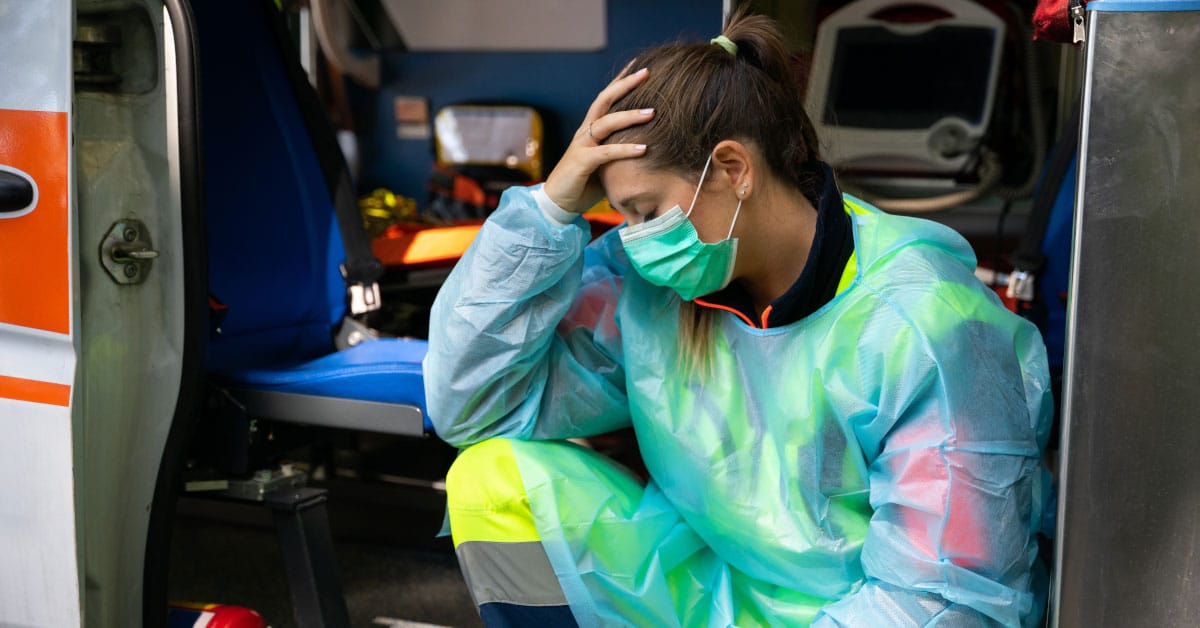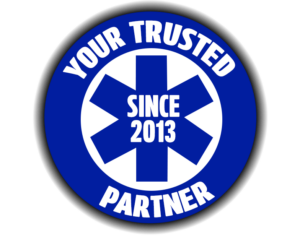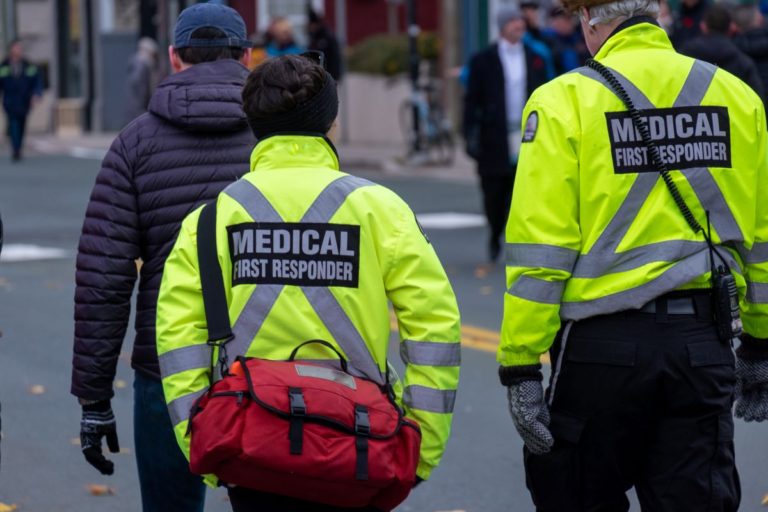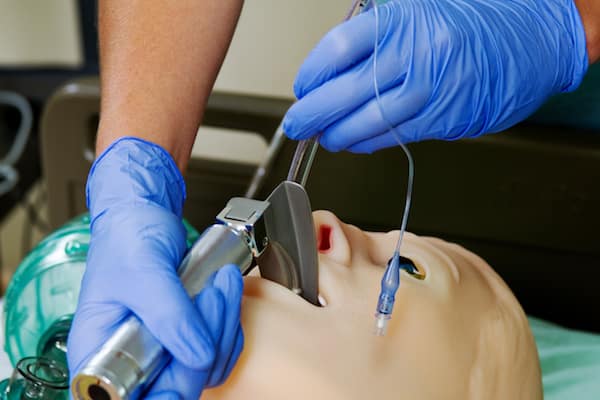
PTSD in First Responders: Symptoms and Support Strategies
Imagine facing life-threatening situations daily, witnessing human suffering up close, and carrying the weight of emergencies on your shoulders. This is the reality for many first responders, including EMTs, firefighters, and police officers.
While their bravery and commitment are unquestionable, the mental toll these experiences take can often lead to post-traumatic stress disorder (PTSD). Recognizing the symptoms and knowing how to support those affected are crucial steps in addressing this issue. Read on to discover the symptoms of PTSD in first responders and effective support strategies for self-care and assisting loved ones dealing with this challenging condition.
Recognizing PTSD Symptoms in First Responders
The symptoms of PTSD in first responders can manifest in various ways, deeply affecting their professional and personal lives. Here are key signs and symptoms to look out for:
- Recurrent, involuntary memories of traumatic events
- Flashbacks and nightmares where the traumatic event feels like it’s happening again
- Severe emotional distress or physical reactions to reminders of the trauma
- Avoidance of places, activities, or people that remind them of the trauma
- Feeling detached from others or losing interest in activities
- Irritability, angry outbursts, or aggressive behavior
- Hypervigilance or exaggerated startle response
- Difficulty sleeping or concentrating
Importance of Self-Care in Managing PTSD
If you’re a first responder battling this condition, establishing a self-care routine that includes regular physical activity, healthy eating habits, and sufficient rest is essential. Mindfulness practices like meditation can also reduce stress and improve emotional balance.
It’s about finding what works for you, whether it’s connecting with nature, pursuing a hobby, or simply spending time with loved ones. Remember, it’s okay to seek professional help. Therapy, especially methods like cognitive-behavioral therapy (CBT), has proven effective for those dealing with PTSD.
How to Support a Loved One with PTSD
Supporting a loved one with PTSD requires patience, understanding, and a willingness to listen. Start by creating a safe environment where they feel comfortable sharing their feelings without judgment. Encourage open communication without forcing the issue, letting them know you’re there for them whenever they’re ready to talk.
Promote activities that reduce stress, such as physical exercise, meditation, or pursuing hobbies they enjoy. You should also encourage professional help through therapy or support groups specifically designed for first responders.
Support Your First Responders Team with the Right Medical Equipment
Just as having the right mindset and support system is vital in managing PTSD, so is having the right EMS equipment and accessories. Reliable, high-quality gear can reduce the stress and uncertainty that come with emergencies for first responders. At Coast Biomedical Equipment, we understand this connection deeply.
Our commitment is to provide new and refurbished EMS equipment that meets and exceeds manufacturer quality control standards. Contact us today at Coast Biomedical Equipment to get started on empowering your first responder team with the right tools.




